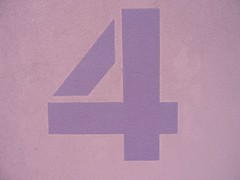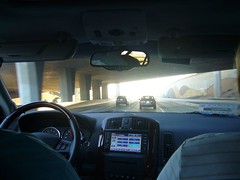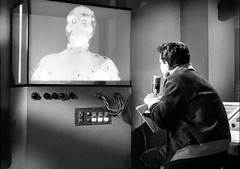I like a challenge so I thought I’d try to create a self-marking spreadsheet in Excel. (Look, some men like fast cars, some like sport, and some like womanising. Me? I like spreadsheets. OK?)
I was inspired to have a go at this by someone called Lee Rymill, who uploaded a self-marking spreadsheet to the CAS resources area. However, I wanted to take it a few steps further…
Read MoreAlthough I am an advocate of project-based learning, I am not unaware of its challenges. As the old military adage has it, failure to prepare is preparation to fail, so here is a list of what I consider to be the main issues you need to be aware of. Many of them may be subsumed under the general heading “management”, but I believe it’s worth itemising them all nonetheless.
Read MoreI suppose this article will ruin for good my chances of a knighthood, but I am finding it harder and harder to keep quiet on this subject.
Read MoreAre youngsters being misled by being told that in order to get a job they will need "21st century skills"? Certianly, they need to be digitally literate, however one wishes to define that term, and they need to be flexible and agile in order to be able to retrain themselves when the job they are doing disappears in x years' time. But beyond those so-called "skills" -- which became apparent in the 20th century actually -- what?
Read More








